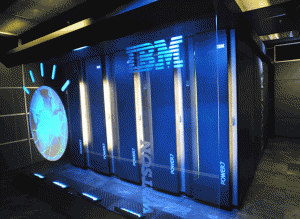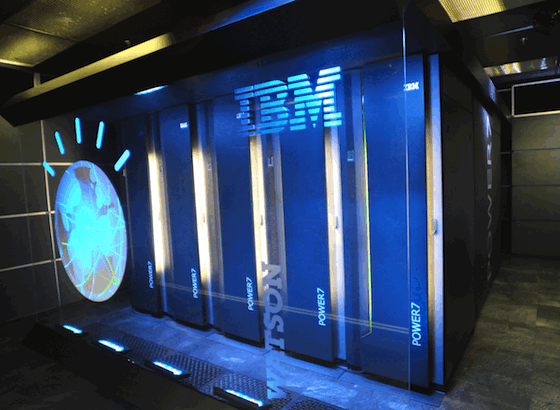New developments will equip IBM ‘s system with the analytics to help health care professionals make vital decisions—stat! But can IBM’s Watson take on deadly serious challengers like cancer and heart disease? That’s the kind of “Deep Question Answering” role that IBM is developing for its natural-language-understanding computer system.
‘s system with the analytics to help health care professionals make vital decisions—stat! But can IBM’s Watson take on deadly serious challengers like cancer and heart disease? That’s the kind of “Deep Question Answering” role that IBM is developing for its natural-language-understanding computer system.
The goal is to use the technology to help doctors and other health care professionals arrive at decisions—the right decisions—when diagnosing and treating patients. Watson would essentially act as the smartest guy in the room, a speedy, unflappable “assistant” who could scan the latest medical literature, patient histories, entire data warehouses of scientific research, and any other potentially relevant material to arrive quickly at a diagnosis or remedy.
Part of IBM’s reason for building Watson is to help people make sense of huge amounts of data quickly. Few people need to interpret data as often and as quickly as people in the medical profession.
The system’s 10 racks of Power 750 servers can sort through the equivalent of about 200 million pages of unstructured data and come up with an answer in less than 3 seconds, IBM says. IBM Research, explains it this way: “When you think about what Watson does, it goes off and creates lots of different hypotheses and then chooses the one it feels most confident about based on the input or what the patient says.
The symptoms are and all the information it has from medical journals, textbooks, newspaper articles, etc. That is basically the same thing as a group of doctors giving opinions and then researching or arguing out the best one. Is this the next form of health care, where a machine diagnoses the problem and the cure?












Serious follower of your site, a lot of your blogposts have seriously helped me out. Looking towards upgrades!
Very good information! I have been searching for something similar to this for a time now. Thanks for your insight!